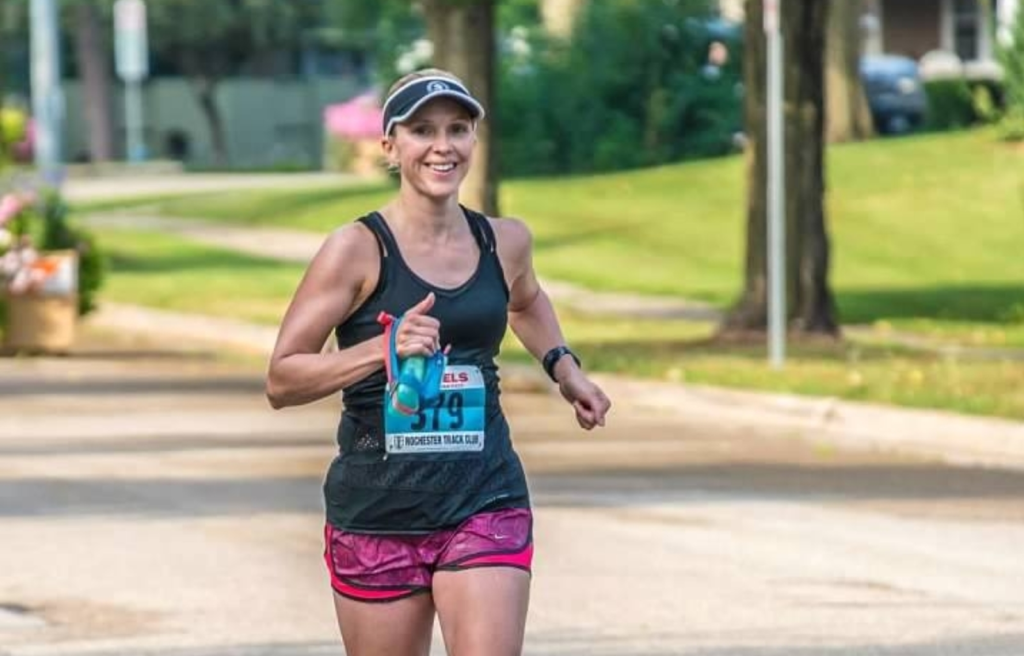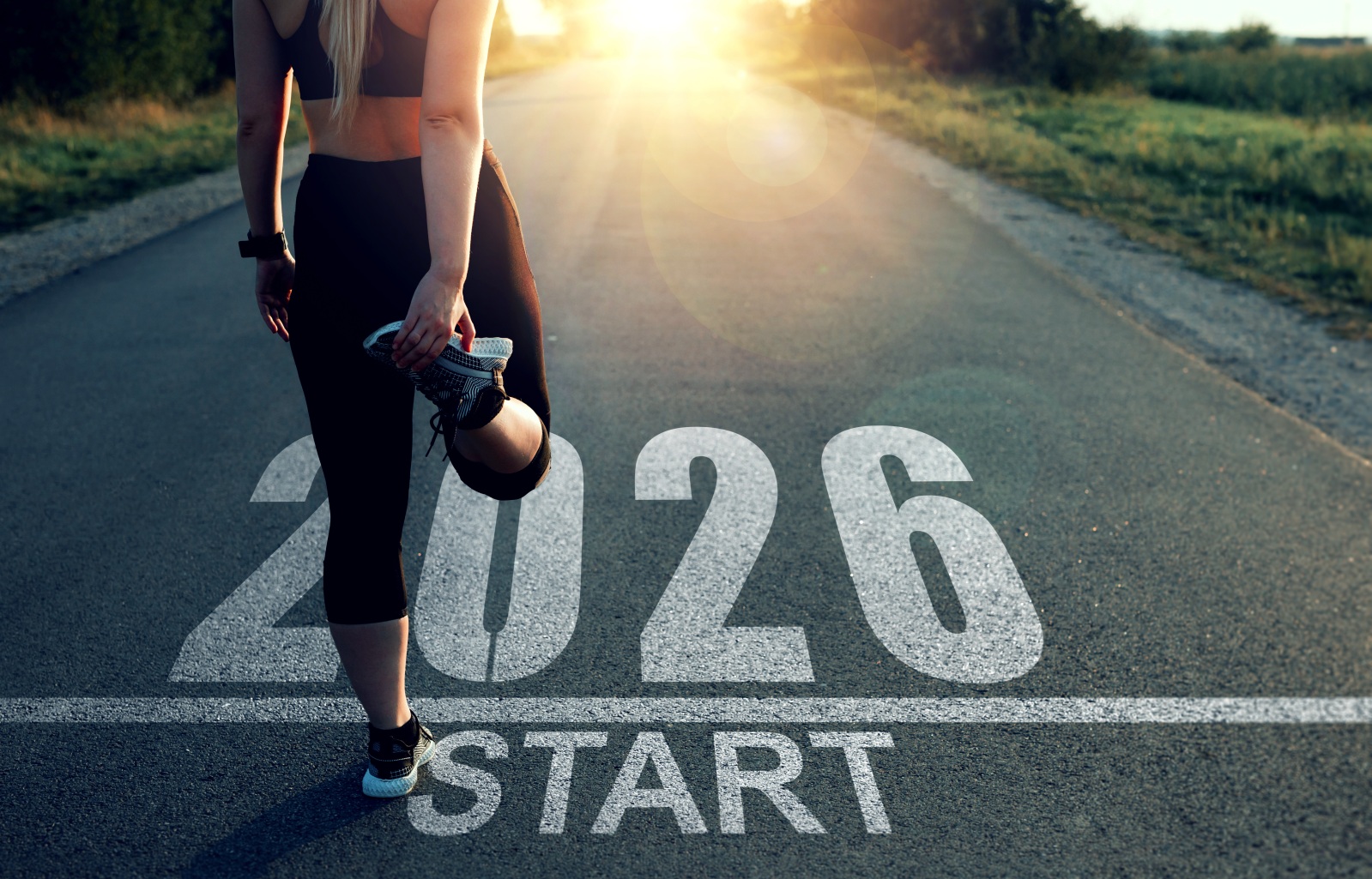Tis the season for races and carbohydrate loading!
I’d love to share my best sports nutrition advice with all of you. After running 20+ marathons and 5 ultra-marathons over the past twenty years, I continue to learn more about how best to carbo-load and run successfully. Even though my body is aging, I continue to have a competitive edge due to top notch nutrition.
The goal of carbo-loading is to maximize glycogen (stored carbohydrate) in the muscles prior to a marathon or other challenging event lasting longer than 90 minutes. Carbo-loading can be challenging for athletes who might fear weight gain or eating foods that they usually try to avoid. Bagels, pasta, juice and frozen yogurt are foods I typically eat in moderation – but come race week – bring them on!
Eating a surplus of carbohydrates (carbs) for 2-3 days prior to the event is the best way to super-fuel muscles. This surplus will also help super-hydrate muscles because each extra gram of carbohydrate will help store 2-3 grams of water. If carbo-loading is done correctly, the scale might uptick 2-4 pounds. The extra water will help delay dehydration, while the extra glycogen stores can postpone fatigue on race day.
Here are my top tips for carbohydrate loading:
- Start carbo-loading 3 days prior to race day.
- Aim for 70% carbohydrate or at least 3 grams of carbohydrate per pound of body weight. For example, a 135 lb runner should aim for 400+ grams of carbs each day.
- Pre-log food (I use the myfitnesspal app) to ensure 70% carbohydrate and at least 400 grams of carbs are prepared and consumed.
- Eat reasonably – this means the same amount of calories as usual, but just a higher percentage of carbohydrates.
- Limit fats (15% or less) in order to allow room for extra carbohydrate and to avoid GI distress on race day. Avoid cookies, ice cream, donuts, pizza and fried foods. Eat the bagel, but skip the cream cheese. Eat the pasta, but skip any cheese or cream sauces. Pancakes and syrup are great, but skip the butter.
- Eat some protein – but a smaller amount of eggs, meat and dairy than typically eaten.
- Limit fiber intake to avoid GI distress on race day. This is THE one time to opt for white refined grains instead of whole grains.
- Drink extra fluids! Drink until your urine is light color. On the morning of the race, drink 3 cups (24 ounces) of fluid about 2 hours before the race. The kidneys will process this liquid in 90 minutes and give you time to hit the porta-potty before the race.
- Avoid alcohol – it can dehydrate and inhibit performance.
- Be sure to taper activity during the 3 days prior to a big event for best results.
For my fellow runners out there, I hope these tips are useful. They can help all racers avoid the WALL at mile 20 of the marathon. In addition, carbo-loading can also be advantageous for athletes involved in an all-day tournaments, long tennis matches, or soccer games.




